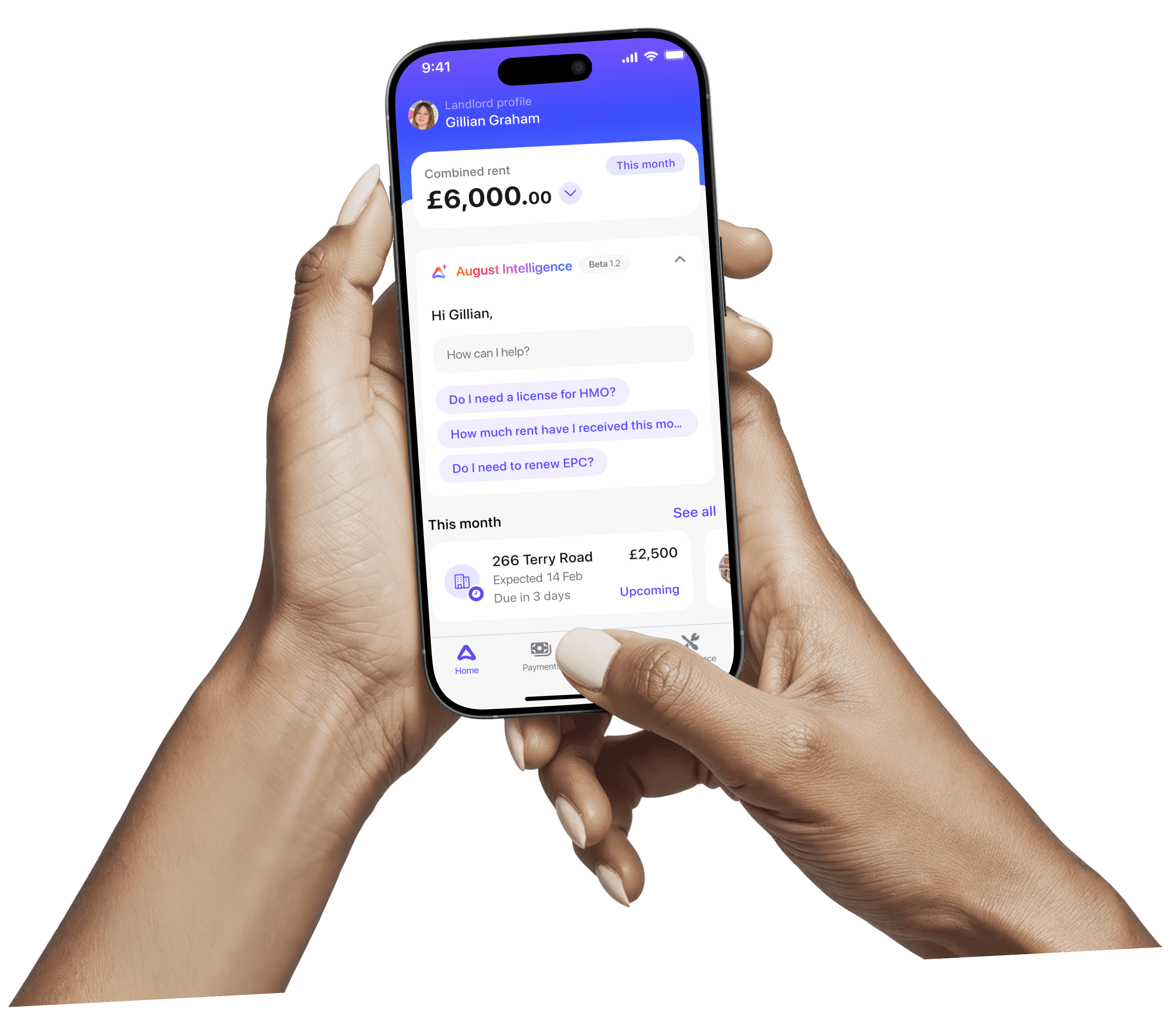Managing tax: a landlord's guide
April 5, 2024
Let’s face it; whilst being a Landlord can be fulfilling and lucrative you probably didn’t get into it for your love of tax paperwork.
But as the famous slogan goes, “tax needn’t be taxing”. So we’ve put together this beginner’s guide to some of the most common tax questions to help you get started:
Do I need to pay tax on my rental income?
Almost certainly.
In the UK, your rental income is taxed through the Self Assessment system by HMRC, applying the same Income Tax rates as those with employment income. Not only does this include the rent you receive from your Tenants, but also any additional payments made for services you provide, such as property repairs, utility bill payments, and communal area cleaning etc.
A portion of your rental income is tax-free, and this is determined by your overall earnings. If your only income source is rental, you won’t be taxed until you earn over the current Personal Allowance, set at £12,570. However, if your total earnings go above this threshold, you’ll need to pay Income Tax based on the relevant tax band:
Personal Allowance: Up to £12,570 – Tax Rate: 0%
Basic Rate: £12,571 to £50,270 – Tax Rate: 20%
Higher Rate: £50,271 to £125,140 – Tax Rate: 40%
Additional Rate: Over £125,140 – Tax Rate: 45%
These rates are correct at the time of writing but may be subject to change, so it’s best to check the current rates on the HMRC website.
Does being a landlord mean I’m self-employed?
In most cases, simply being a Landlord doesn’t automatically classify you as self-employed. This means that you likely won’t have to pay Class 2 National Insurance contributions on your rental earnings. However, there are certain circumstances where you may be considered self-employed for tax purposes…
If you have multiple properties, actively seek to purchase more properties, and rely on rental income as your primary source of earnings, then you may fall under the self-employed classification and have to make Class 2 National Insurance contributions.
Understanding whether or not you’re classed as self-employed is essential, as it affects your National Insurance contributions and potentially other aspects of your tax payments. It’s best to speak to a qualified tax expert to make sure you understand your specific circumstances.
How can I reduce my tax bill?
As a Landlord, there are many expenses you have the right to deduct from your rental income to reduce your tax bill.
Allowable expenses are things you need to spend money on in the day-to-day running of the rental property, like:
Ground rent and service charges
Maintenance and repairs to the property, but not improvements
Council Tax
Utility bills, like gas, water and electricity
Services you pay for, like cleaning or gardening
You’ll need to record and justify these expenses to HMRC, so be sure to keep your receipts, invoices, and bank statements organised and easy to access.
How do I file my self assessment tax return?
When the tax year ends, you’ll need to submit your Self Assessment to HMRC, declaring your rental income and the total amount of allowable expenses incurred during that period.
If you’re new to the Self Assessment process, you can easily register on the GOV.UK website. Just remember to file your tax return ahead of the 31st January deadline to avoid any penalties. Having all your evidence ready and in order will make the filing process much easier when the time comes.
Want more property management tips and guidance? Follow August on Facebook and Instagram.
This article is a guide and not intended to be relied upon as legal or professional advice, or as a substitute for it. August does not accept any liability for any errors, omissions or misstatements contained in this article. Always speak to a suitably qualified professional if you require specific advice or information.
Author
August Team
The August editorial team lives and breathes rental property. They work closely with a panel of experienced landlords and industry partners across the UK, turning real-world portfolio and tenancy experience into clear, practical guidance for small landlords.





